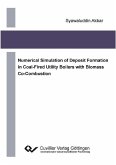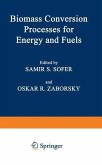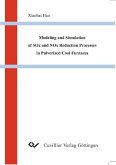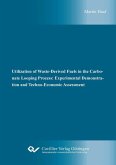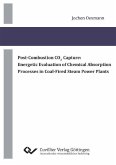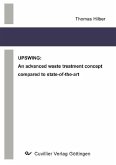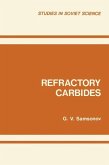Biomass and waste materials are regarded as renewable energy sources which can reduce CO2 production and prevent environment pollution when they are co-utilized with coal in power plant facilities. A great fraction of biomass or waste is characterized with high chlorine content. Fuel chlorine can induce fast material oxidation on superheater or waterwall surface in power plant boiler. However, the mechanisms of chlorine corrosion are different in oxidizing atmosphere and in reducing environment, and the corrosion rate is influenced by deposit ash characteristics and flue gas composition.
Based on experimental researches, this work gives a comprehensive explanation of the morphologies and mechanisms of chlorine corrosion in reducing and in oxidizing atmosphere under the interaction of flue gas and deposit ash. The behaviour of a wide spectrum of boiler materials on the chlorine corrosion is described. Furthermore, the influence of fuel characteristics on the chlorine deposition during combustion process is discussed and predicated. Practical guidance for the material selection and for the fuel combination is suggested.
Dieser Download kann aus rechtlichen Gründen nur mit Rechnungsadresse in A, B, BG, CY, CZ, D, DK, EW, E, FIN, F, GR, HR, H, IRL, I, LT, L, LR, M, NL, PL, P, R, S, SLO, SK ausgeliefert werden.



